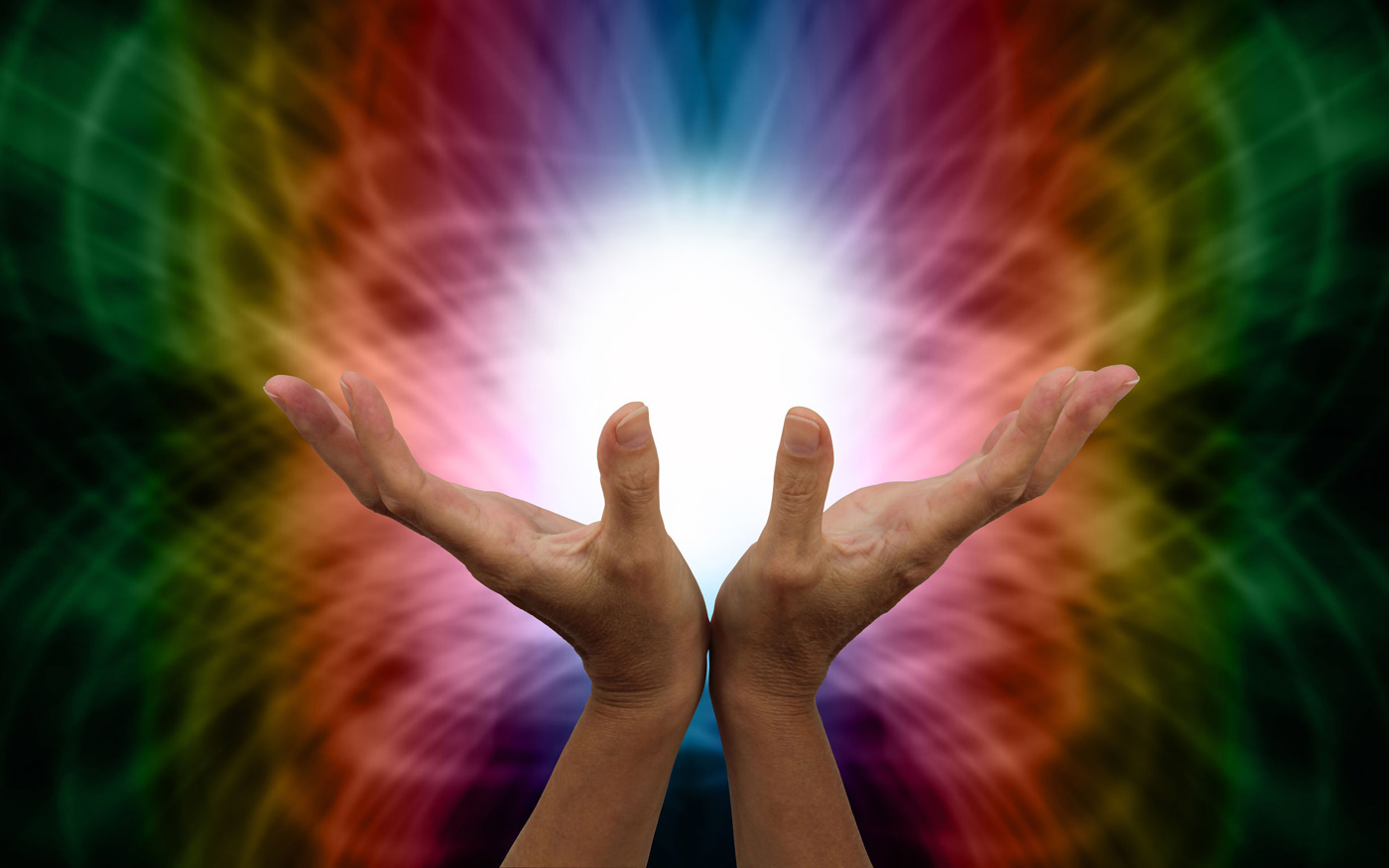Astrology
Astrology is a pseudoscience that believes the movements of planets and stars affect human events. It originated in ancient Babylon and later spread to Greece, China, India, and the Islamic world. Although astrology was often regarded as a science throughout its history, it is now considered diametrically opposed to modern Western scientific principles and theories.
In the past, astrology was sometimes called “astronomy,” which dealt with the motions of celestial bodies. It also included a preliminary theory of personality types and the possible influence of these by the heavenly bodies. It was a precursor to modern psychology.
Today, astrology is still practiced in many cultures worldwide. It is used to predict future events and guide decisions. It is not to be taken as gospel and should only be viewed as a tool for self-awareness. The study of planetary movements and constellations is actually very fascinating, and it can help us understand our lives better.
Those who practice astrology use their knowledge of the stars and planets to create horoscopes, which are predictions based on a person’s date and time of birth. They can then make claims about a person’s character and traits based on these observations. These horoscopes can be found in newspapers and on the Internet. However, they are not backed by any scientific evidence. Most of these readings are based on a person’s personal preferences, which can lead to errors in their conclusions.
Numerology
Numerology is a form of self-knowledge that reveals aspects of your true nature. It helps you to understand yourself and your strengths, weaknesses, opportunities and challenges. It also provides a new vantage point from which you can see yourself – one that is both fresh and inspiring. It can help you make better decisions and take a more fulfilling life path.
There are many different forms of numerology, each based on different systems and methods. The Pythagorean method, for example, uses numbers 1 through 9. This method is based on the idea that each number represents a different aspect of your being. Other variations of this system include the Chaldean and Kabbalah methods. Each method has its own advantages and disadvantages, but all can provide powerful insights into the energy of numbers.
Numerology can be a great tool for career and financial guidance. It can help you decide which career is right for you, or when to make a change in your business. It can also help you determine your best time to ask for a raise or start a new project. It can also help you find the perfect date for a wedding or other major event.
A good numerology software is a must for anyone who wants to get the most out of their life. It is easy to use and has a wide range of features, including a daily horoscope.
Palmistry
Palmistry is the art of telling someone’s character, past, and future based on the lines, marks, and mounts on his or her hands. It is also known as chiromancy, and its applications as a profession range from fortune-telling to assessing physical injuries.
The art of reading the palm has been around for centuries. It survived the Middle Ages and thrived in the late 1800s and throughout the 1900s with standardization by scientific palmists such as William John Warner, aka Cheiro, who wrote books that were widely read.
One of the most popular lines in a palm is the heart line, which indicates how you approach love and intimacy. A long, deep line means that you are passionate and committed, while a short line means that you might be more cautious in relationships. The fate line, on the other hand, suggests your life’s purpose. If your fate line is long and clear, you might be a leader or an adventurer.
Besides palm lines, you can also read the shape of a person’s fingers, the length and thickness of their hands, and the color of their nails. This information can be helpful in determining the person’s innate temperament and personality. It is believed that people with fire hands have a strong creative urge and are confident and energetic. They are good at leading and often take risks in their endeavors.
Tarot
The tarot is an ancient deck of cards that can be interpreted for insights, guidance, and empowerment. Unlike most modern card games, tarot cards are rich in symbolism that can add depth to readings. The interplay of different symbols can offer new perspectives, challenge old and unhelpful ways of thinking, and force us to be honest about things we’d rather ignore. For instance, tarot cards often incorporate astrological and numerological symbols. Astrology assigns significance to celestial forces and planetary influences, while numerology interprets numbers as symbols of particular energies and qualities. Many tarot decks also contain symbolic colors, animals, and geometric shapes to expand the scope of interpretation.
Tarot cards can be used in a variety of careers and are most useful when they encourage reflection and empowered decision-making. For example, if a career tarot reading shows the Temperance card, it indicates work that requires balance and harmony. This could include jobs in education, health and fitness, financial institutions, or law enforcement. Similarly, if the Death card is drawn, it suggests careers in the health and funeral industry.
While some skeptics dismiss tarot as superstitious nonsense, the truth is that tarot can be a powerful tool for self-growth and personal development. If you’re interested in learning to read tarot cards, it is best to find a teacher who can teach you the basics and help you develop your intuition. Additionally, it’s helpful to keep a tarot journal to track your interpretations over time.astrologer




